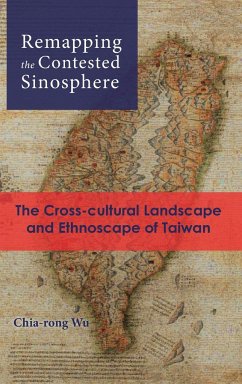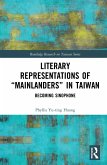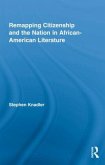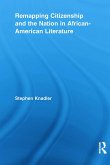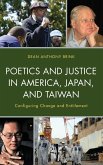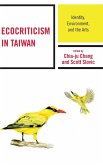This book is in the Cambria Sinophone World Series headed by Victor H. Mair (University of Pennsylvania). In the past four hundred years, the cultural position of Taiwan has been undergoing a series of drastic changes due to constant political turmoil. From the early seventeenth century to the late twentieth century, the ruling power of Taiwan shifted from Spaniard and Dutch to the Late-Ming Zheng regime, then to the Qing court and imperial Japan, and finally to the Kuomintang (KMT) government from China. In this regard, Taiwan has long been regarded as a supplementary addition to its cultural Other: China, Japan, or imperial western powers, despite its rich Aboriginal cultures. To create a self-claimed subjectivity, the localist camp of the island has been promoting the Taiwanese consciousness via political movements and literary writings in a century-long campaign. Its focus on the native soil and experience is well connected with the Sinophone studies, which has been a prominent field across geographical and disciplinary barriers. As Taiwan's community grows more diverse, Taiwan literature is enriched by a series of locally based writings that draw attention to a specific space and/or to the division between places. In the twentieth century, more and more Taiwanese writers are no longer content with a singular place or dual comparison in their literary creations. Rather, they have started to recognize the plurality of Taiwaneseness and thus re-create an ambiguous form of the Taiwanese subjectivity in response to the conflict and compromise between political beliefs and ethnic groups in a cross-cultural light. To further engage with the multifaceted cultural expressions of Taiwan, this book speaks to the current framework of Sinophone studies by focusing on modern Taiwan and its entanglement with cultural China, Chinese diasporas, nativist trend, and Aboriginal consciousness. Recognizing the unresolved ethnic issues of Taiwan, this study explores different dimensions of ethnoscape in response to the cross-cultural landscape of Taiwan and beyond, while at the same time taking into account the intertwining of the official history and the individual, or ethnic, memory of Taiwan.
Bitte wählen Sie Ihr Anliegen aus.
Rechnungen
Retourenschein anfordern
Bestellstatus
Storno

